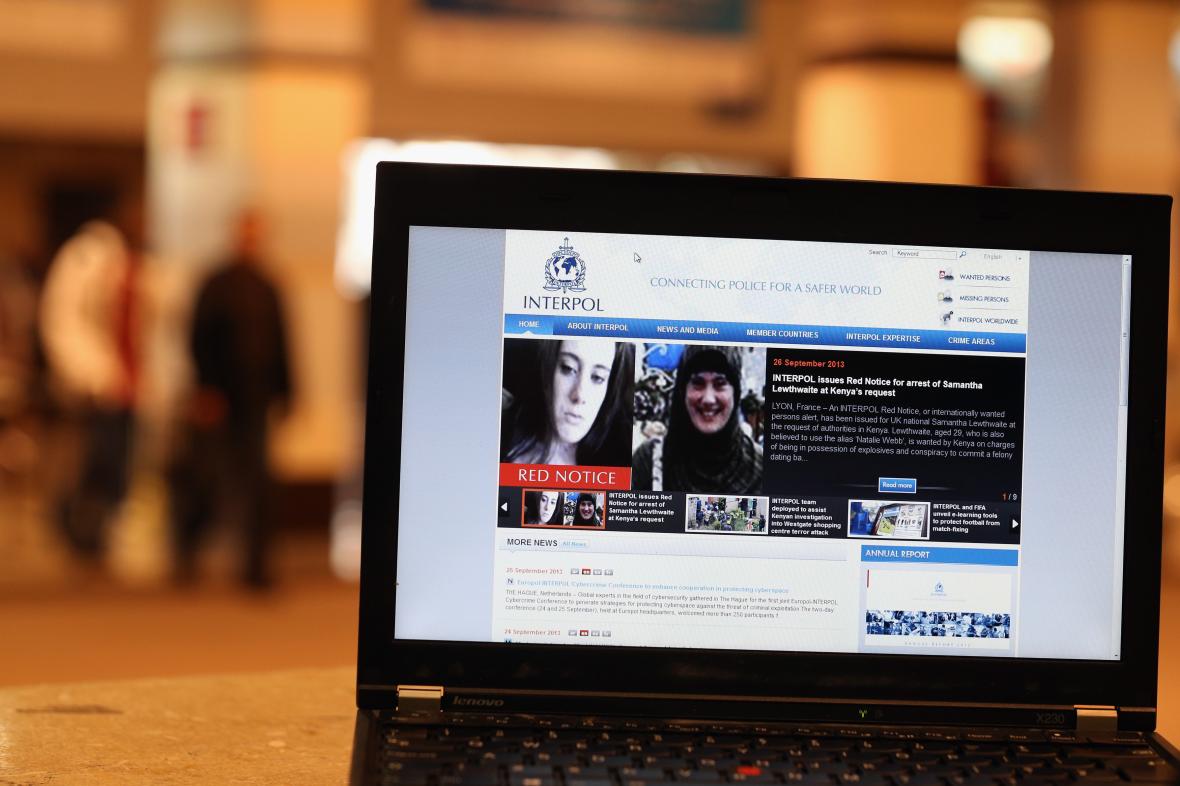The international police network is increasingly being used to target political opponents by repressive regimes
The Times Leading Articles, The Times
October 13, 2022
News that Interpol, the international police network, is failing to issue warrants against suspected Russian war criminals is sadly unsurprising to those with a knowledge of its recent history. Founded in 1923, its function is to be an information exchange between its 190 member states. While it does not investigate crimes itself, it acts as a co-ordinator between different national police forces, issuing “red notices” against the names of suspected individuals. Given the increasingly global nature of organised crime, the logic behind Interpol is stronger today than at any time in its near hundred-year history.
But there are longstanding concerns that the organisation is unduly influenced by repressive governments. Countries such as Russia and China, are among the largest requesters of red notices, often targeting political opponents, dissidents or refugees. China in particular has increased its use of the network while becoming less transparent, with many of the requested warrants no longer made public. While there has been some reform at Interpol, such as vetting red notice requests, abuse of the system persists and mistakes made.
For example, a number of individuals involved in helping Princess Latifa, the daughter of Dubai ruler Mohammed bin Rashid Al Maktoum, escape house arrest, were issued with red notices. These were subsequently withdrawn. But not everyone is as lucky. Idris Hasan, a Uighur, has been detained in Morocco since July 2021 as a result of a Chinese red notice that was only withdrawn on the grounds of being politically motivated after he was arrested. The Moroccan courts have since ruled that he should be extradited to China.
It’s not just the system that has been compromised but the leadership too. The current Interpol president is the UAE’s Ahmed Naser al-Raisi. He stands accused of multiple abuses of power, including the detention and torture of British academic Matthew Hedges. It required a coalition of western member states to block the appointment of a Russian interior ministry apparatchik as his predecessor at a special meeting of Interpol in 2018. Ironically, this meeting was needed because the president at the time, China’s Meng Hongwei, had just been arrested, and was subsequently imprisoned, on corruption and bribery charges.
There is a familiar pattern emerging with many such multinational organisations. While the democratic West contributes the vast majority of the funding, the political power is increasingly with China and the developing world. This power is too often abused. One only need look at the World Health Organisation, whose officials have been pressured and their investigations frustrated. The decline in western influence in these organisations was accelerated by America’s isolationist turn under President Trump.
The answer must be for democracies to become more vigilant, starting with Interpol. Britain has a particular interest. Its post-Brexit security regime is now reliant on Interpol’s International Alert System, having previously used the EU’s Schengen Information System. More broadly, the principles behind Interpol remain sound. Cross-border collaboration on policing is essential if we are to deal with evils such as human trafficking, modern slavery and child sexual abuse. But if it continues to be abused, and inappropriately led, international collaboration in this critical area will weaken. That will damage public safety.
